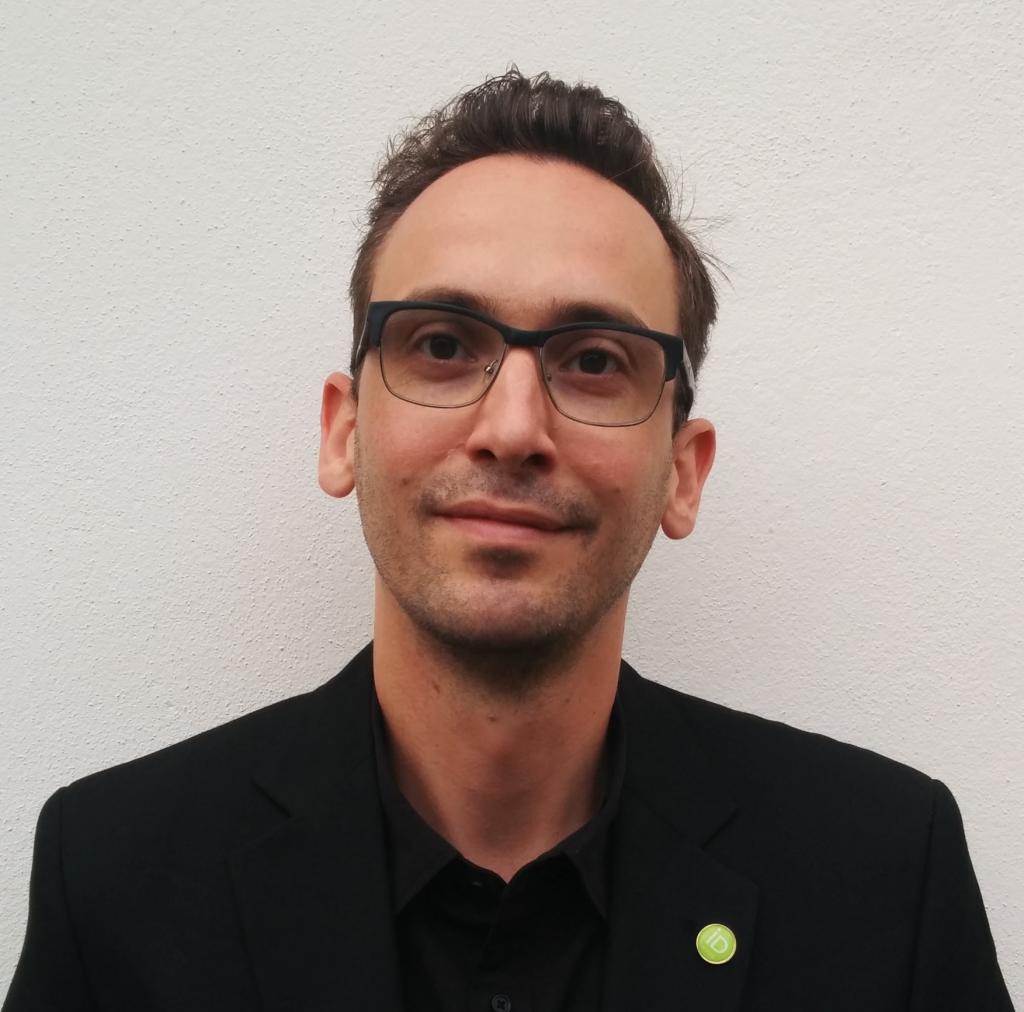Together with nine other project partner organisations from around the world, ORCID is a partner on THOR, an EC-funded project that aims to enable a persistent identifier (PID) infrastructure by embedding these identifiers in research systems across Europe and beyond. It’s a really exciting, creative project, and it’s become obvious how badly this work is needed. When THOR took a look at the scale of some of the challenges the research community faces in simply connecting people to their work, it became clear that organisation identifiers are a gap in our infrastructure.
THOR tackled this issue head-on in one of its first project reports, and, as Martin Fenner wrote on the project blog, found that “the use of persistent identifiers for organisations lags behind the use of persistent identifiers for research outputs and people, and more work is needed.”
Of course, we’re not the first to recognise this. NISO, Jisc and CASRAI, and others have examined the organisation ID landscape and documented a need for a comprehensive open, and accessible data source. Discussions at the Research Data Alliance Persistent Identifier Interest Group also keep coming back to organisation IDs.
There’s a lot of great work being done in this space. It’s not hard to find examples of excellent services and providers tackling pieces of the problem. Here at ORCID, we use the ISNI registration agency Ringgold— as recommended in the aforementioned NISO report– to support assertions of employment and education affiliation, and Crossref Funder Registry data to enable connections with funding. GRID launched earlier this year, providing persistent identifiers for organisations accounting for 92% of global research funding. Crossref’s Funding Data connects publications to funding, using the Open Funder Registry. There are also conversations regarding the applicability of Legal Entity Identifiers in the context of research and scholarly communications.
All these organisations, and others, work hard to serve their specific communities, and are focussed, naturally, on meeting the needs of their own customers and partners. However, there is a clear and definite need for the identifier schemes each provides to interoperate– even on a very basic level– with each other. In many ways, it is a similar circumstance to the situation with researcher and author identifiers just before ORCID was founded. Each scheme serves its community well, but does not work well across the research community, This lack of interoperability acts to hinder scholarly communications. So how can we best work with the current providers to achieve these goals and better serve the broader community?
Whatever the answer to this question might be, the need continues to grow. Action is needed, and the community seems to be ready. The energy and commitment exist. We also have a very good understanding of the requirements, thanks in large part to hard work and insights of the organisations referenced earlier in this post.
We need an open, interoperable, community-led infrastructure to join together the various systems currently in use. It should widen coverage and improve accuracy outside of the specific domains which are currently served.These requirements are well understood, but some important questions remain, such as do we use a new ID or an existing ID? Should this infrastructure form part of an existing organisation, or a new one? Who are the key stakeholders? What level of granularity is needed in the data? Who controls the data? Who can update it? What should be the business model? What about the scope of the service? Governance?
Two of the THOR partners, ORCID and DataCite, joined by Crossref, will be drawing together the community to discuss these questions in detail. We’ll be sharing a statement of requirements, derived from existing work, with the scholarly communications community at the CNI spring membership meeting on April 4th. Once we’ve got feedback on that statement, we will bring it to an open workshop at FORCE 2016. There, our goal is to foster a collaborative conversation to answer the outstanding questions, design an action plan to take those answers forward, and agree on a timeline for the next steps.
If you’re interested in this issue, and want to help us to shape a solution for the whole community, please join us in San Antonio and Portland!
